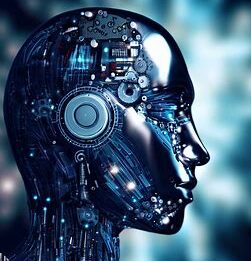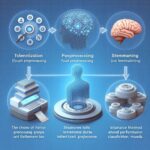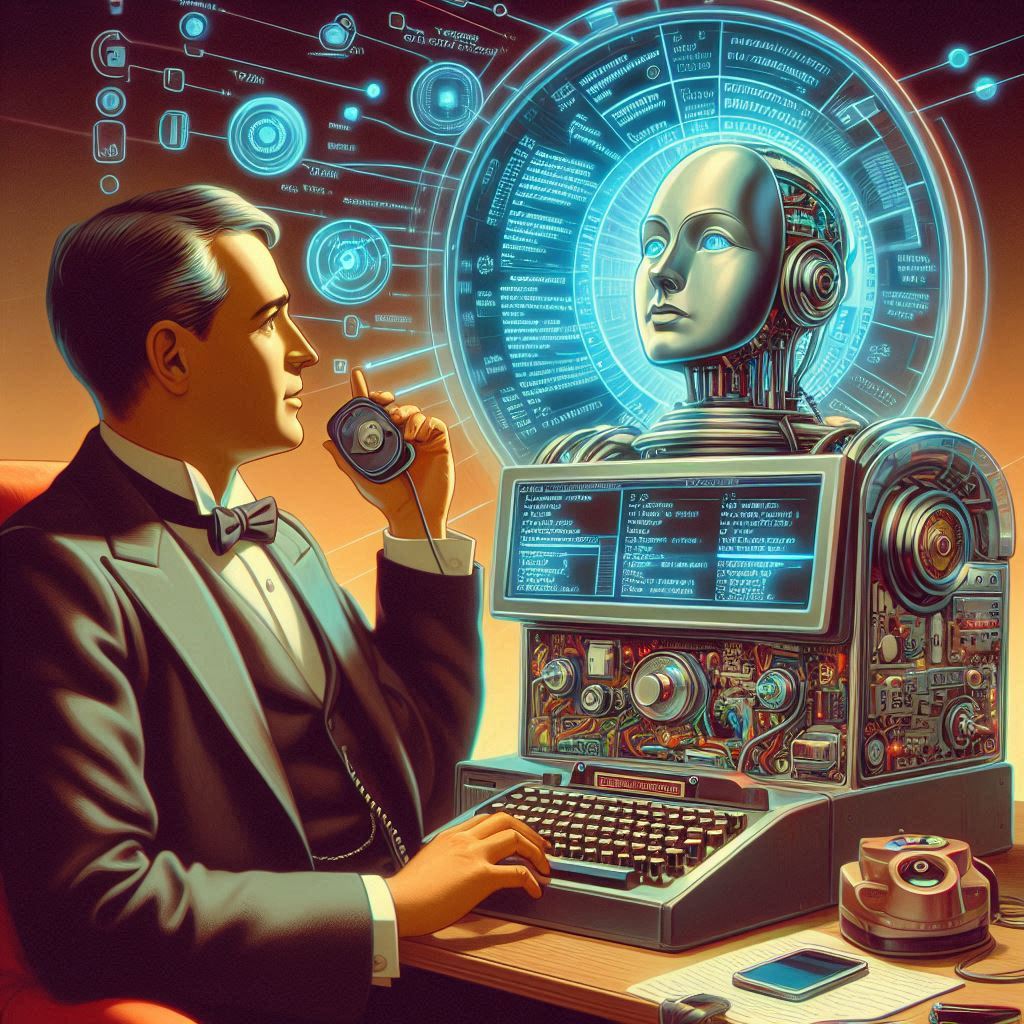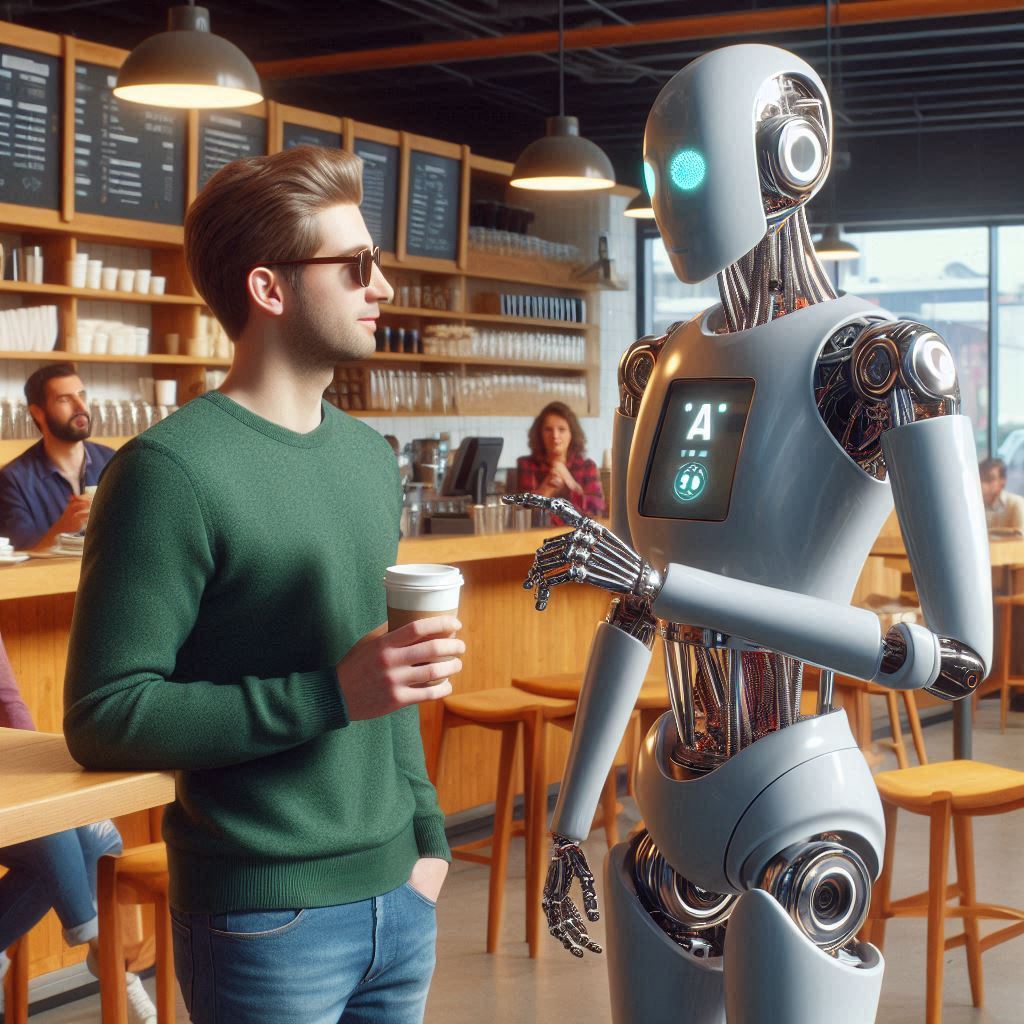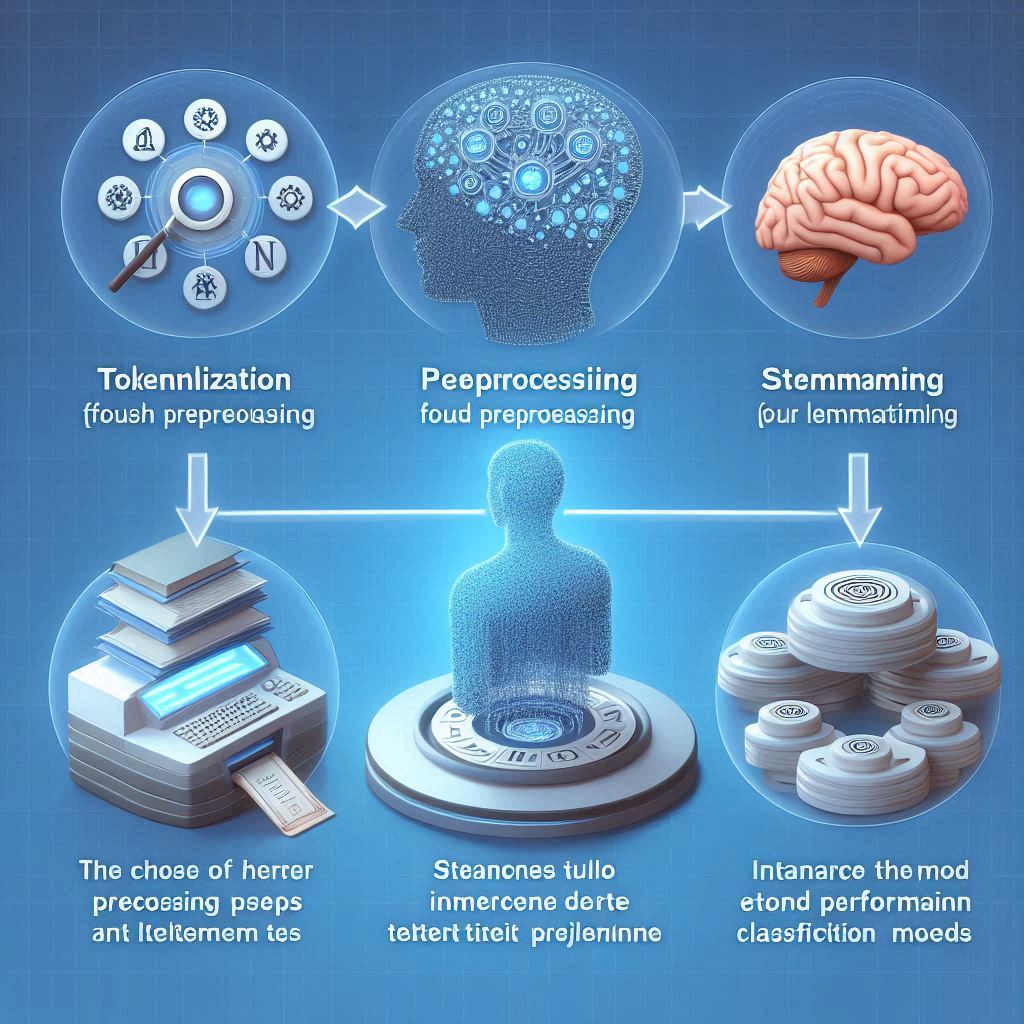Early Beginnings (1940s – 1950s)
- Introduction to AI Concepts: The idea of machines capable of thinking and learning began to take shape, influenced by philosophers like Rene Descartes who pondered the possibility of machines outperforming humans in certain tasks [1].
- Turing Test: Alan Turing introduced the concept of the Turing test, aiming to measure a machine’s ability to exhibit intelligent behavior indistinguishable from that of a human [3].
Dartmouth Workshop (1956)
- Coining of AI: John McCarthy, Marvin Minsky, Nathaniel Rochester, and Claude Shannon convened at the Dartmouth Workshop, where they defined artificial intelligence and outlined its potential for problem-solving, learning, and language processing [2][3].
Logic Theorist (1958)
- First AI Program: Developed by Allen Newell, Cliff Shaw, and Herbert Simon, Logic Theorist demonstrated the capability of AI to solve complex problems, marking a significant milestone in the practical application of AI [0].
Perceptron (1958)
- Development of Neural Networks: Frank Rosenblatt invented the perceptron, an early form of artificial neural network that could learn from data, laying the groundwork for modern neural networks [3].
Backpropagation Algorithm (1969)
- Advancement in Neural Networks: Arthur Bryson and Yu-Chi Ho introduced the backpropagation learning algorithm, enhancing the capabilities of multilayer artificial neural networks and paving the way for deep learning [3].
ELIZA (1964)
- Natural Language Processing: Joseph Weizenbaum developed ELIZA, a pioneering chatbot that implemented early natural language processing techniques, allowing computers to interpret and respond to human language [1].
Expert Systems (1980s)
- Real-World Application of AI: Digital Equipment Corporation’s XCON expert system demonstrated the practical utility of AI in business, saving the company millions annually by automating decision-making processes [1].
A Statistical Approach to Language Translation (1980s)
- Machine Learning Breakthrough: IBM researchers applied statistical methods to language translation, shifting focus from rule-based approaches to probabilistic models that mimic human cognition [1].
Deep Blue (1997)
- Chess Mastery: IBM’s Deep Blue defeated world chess champion Garry Kasparov, showcasing the rapid advancement of computer processing power and strategic reasoning capabilities [1].
ImageNet Challenge (2012)
- Visual Recognition Milestone: The success of algorithms in the ImageNet challenge highlighted the progress in computer vision, with machines surpassing human performance in identifying objects in images [1].
AlphaGo (2016)
- Strategic Game Mastery: DeepMind’s AlphaGo defeated world Go champion Lee Sedol, demonstrating the effectiveness of neural networks in mastering complex games that require deep strategic thinking [1].
Self-Driving Cars (Present Day)
- Autonomous Vehicles: The development of self-driving cars represents a significant application of AI in everyday life, promising to transform transportation and urban planning [1].
These milestones reflect the continuous evolution of AI, from theoretical concepts to practical applications that significantly impact various aspects of society and the economy.
